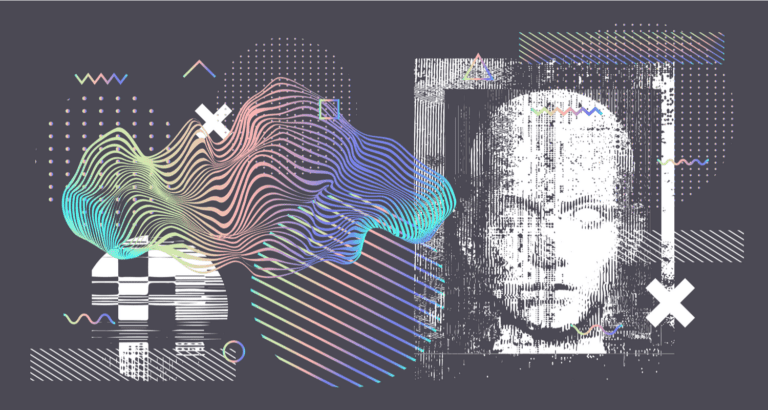The suit alleges three AI image generator companies have illegally used billions of images.
ArsTechnica reports that a group of artists have filed a lawsuit alleging the theft of billions of copyrighted images used to train AI art generators and reproduce unique styles. Three image generator companies allegedly used these images without compensating artists or asking for consent.
The three companies in question are Stability AI, Midjourney, and DeviantArt. The lawsuit was filed by San Francisco-based Joseph Saveri Law Firm on behalf of the artists.
The lawsuit alleges “direct copyright infringement, vicarious copyright infringement related to forgeries, violations of the Digital Millennium Copyright Act (DMCA), violation of class members’ rights of publicity, breach of contract related to the DeviantArt Terms of Service, and various violations of California’s unfair competition laws”, according to the firm’s press release.
Copyrighted images to ‘train’ AI products
The artists’ complaint hinges on a product called Stable Diffusion. The technology was released by Stability AI and used by the three companies in AI image products. The suit states that Stable Diffusion was trained on “billions of copyrighted images” contained in the LAION-5B dataset, which were allegedly downloaded and used without compensation or consent from the artists. In fact, Stability AI credits LAION on their web page announcing the release of Stable Diffusion 2.0.
Matthew Butterick, a lawyer and programmer who is working on behalf of the artists in the case, summarized their position. “AI needs to be fair and ethical for everyone. But Stability AI, Midjourney, and DeviantArt are appropriating the work of thousands of artists with no consent, no credit, and no compensation.”
Setting a new legal precedence
If the lawsuit goes to trial, Ars Technica says the courts will have to sort out the differences between ethical and alleged legal breaches. The plaintiffs reportedly aim to prove that AI companies benefit commercially and reap huge profits using copyrighted images. The artists are seeking “substantial damages” as well as permanent injunctive relief to stop the alleged infringement by the three companies.
